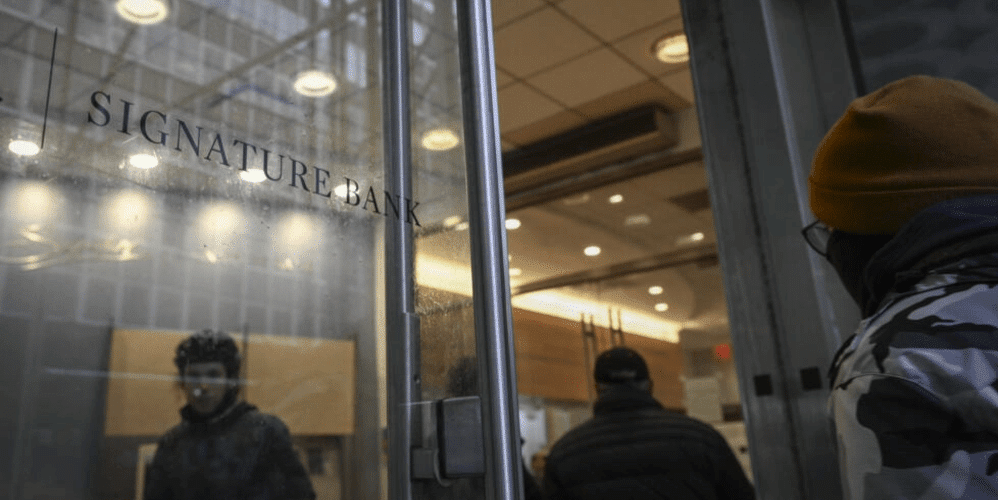First Citizens to acquire collapsed Silicon Valley Bank
First Citizens Bank to acquire deposits and loans of bankrupt Silicon Valley Bank, covering $119 billion in deposits and $72 billion in assets.
SVB’s 17 branches will open as First Citizens on Monday, and depositors will automatically become depositors of First Citizens Bank, insured by the FDIC.












